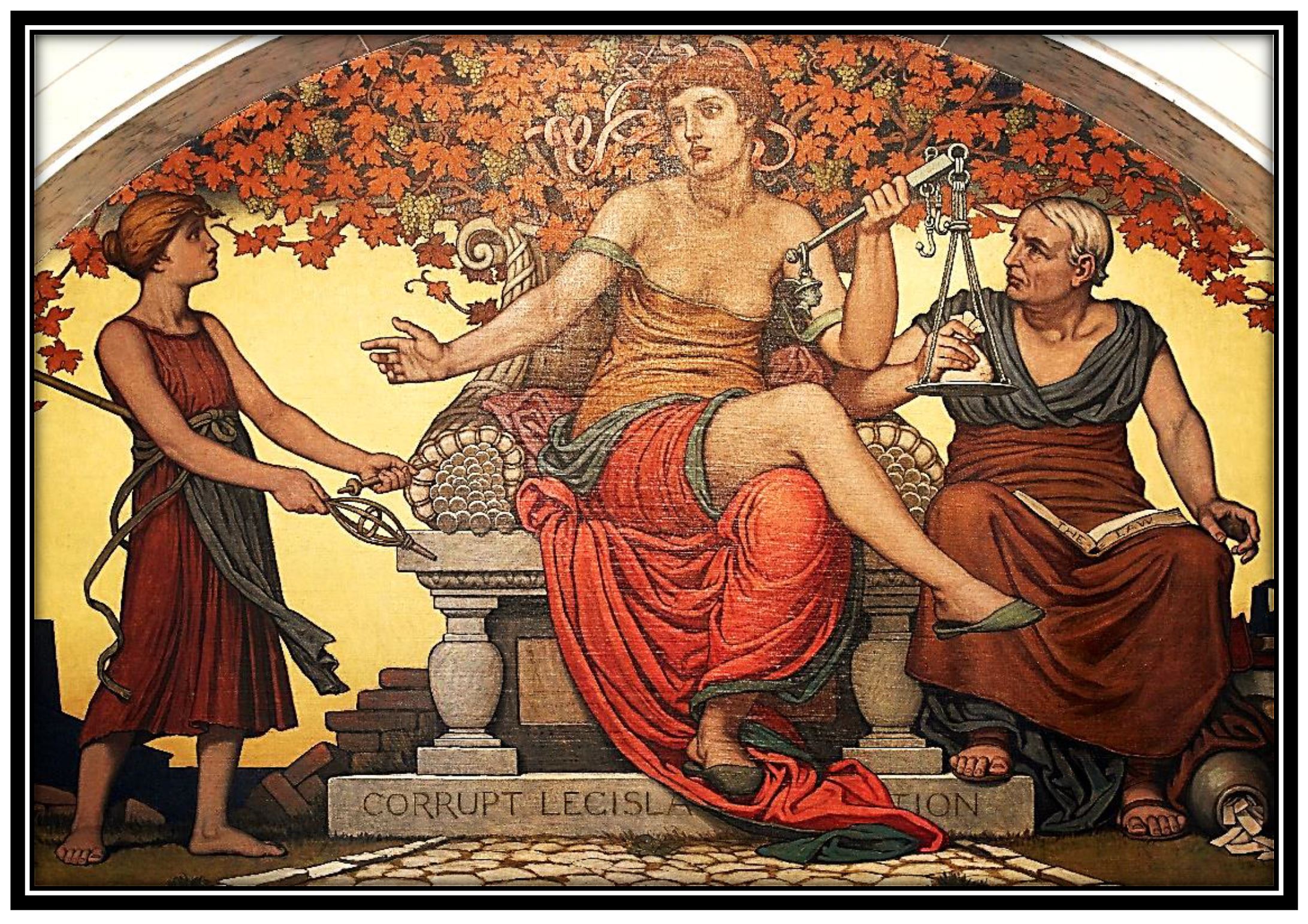Every American should hate politics or at least have a trepidatious respect for it in the same way people who live near an active volcano respect the destructive power of pyroclastic energy. Both can have disastrous effects on those who live within their reach. But I’m not a geologist. I’m the Vice Chairman of the El Paso County Republican Party, so this will be about politics. And more specifically, how political conflicts of interest can be destructive to more than those within a political party. My name is Todd and I hate politics.
Politics is the process through which we get a government. Therefore, if that process is corrupt or fatally flawed, our government will be reflective of those conditions and almost certainly perform corruptly and fatally flawed. It’s not unlike lead pipes delivering toxic water to the population they serve. If you want clean, healthy water at your tap, your pipes need to be clean or at least non-toxic. In order for our political system to be non-toxic, it is necessary that those who are in leadership positions within the parties divest themselves of personal interests and benefits from the outcomes of elections. The parties are supposed to act as referees for the nominating of candidates to be elected into policy making (or policy enforcing) positions. If the party leaders start putting their thumbs on the scales of the nominating process, giving favor and advantage to personal favorites (or themselves), we have a corrupt and fatally flawed system that will render similar results by way of bad governance.
This condition is most clearly and predictably present when a party leader (chairman, vice chairman, or secretary) seeks public office while serving as a party leader. As elected officers, party leaders have tremendous influence and control over the (political) process that places candidates on our ballots. As candidates for office, party leaders wield resources they would not have were they not party leaders; resources that could very easily influence the outcome of an election in favor of themselves:
• They have sole access to the party’s coffers and singular discretion on how party money is spent.
• They have access to contact lists (names, addresses, phone numbers, emails) that would cost thousands of dollars for anyone else to obtain.
• They control the composition of decision-making bodies within the party, such as the committees who tally the votes at nominating assemblies and the committees who make the rules that govern the conduct of those assemblies.
• They control, and can greatly influence, the creation and enforcement of the bylaws that govern every aspect of the party’s life.
This is called a political conflict of interest and that is why I wrote the resolution below. If we expect principled, honorable governance from public officials, we need to expect the same from those who oversee the process that puts those officials in office.
In case you’re wondering why I would present this here and not to the party membership—I did; or at least I tried to. This resolution was suppressed because it impinges on current personal ambitions. Many within the party are excusing certain personalities and foregoing principles. The problem with this is that principles are, or at least should be, steadfast whereas personalities are subject to the vicissitudes of human nature, and human nature has proved itself an unreliable and oftentimes ill-fated guideline since Adam and Eve.
If we allow (actively or tacitly) our political parties to behave corruptly, we will suffer from the corruption of the public officials those parties put in place. It’s the GIGO principle: garbage in = garbage out. Corrupt, self-interested individuals selected through a corrupt, fatally flawed system will render—well—our current government.
Paraphrasing James Madison, if men were angels, government wouldn’t be necessary. But men aren’t angels, so we need laws and rules to keep us from abusing our systems of governance...and that includes our political parties and processes.
A Resolution by the Colorado Republican Committee
Regarding Political Conflicts of Interest
WHEREAS The voting membership of the Colorado Republican Committee elects officers to manage the affairs and guide the direction of the Republican Party in accordance with the vision, ideology, and platform of the Republican Party;
WHEREAS The officers elected by the Colorado Republican Committee must serve the best interests of the Party and not be guided or influenced by any interests other than the success of the Party;WHEREAS Elected party officers campaigning for or holding elected public office present not only the image of a conflict of interest, but a high probability of a conflict of interest in that officer’s attaining and/or maintaining public office;
IT IS RESOLVED That any officer of the Colorado Republican Committee shall not simultaneously seek or hold elected public office;
AND Any party officer seeking or holding elected public office shall immediately vacate his/her party office;
AND No one serving as an elected public official shall be eligible to hold a party office until that person’s term in public office has ended;
IT IS FURTHER RESOLVED That this resolution shall extend to and apply to all elected officers of all Republican committees in Colorado.
In Liberty, Todd Watkins

